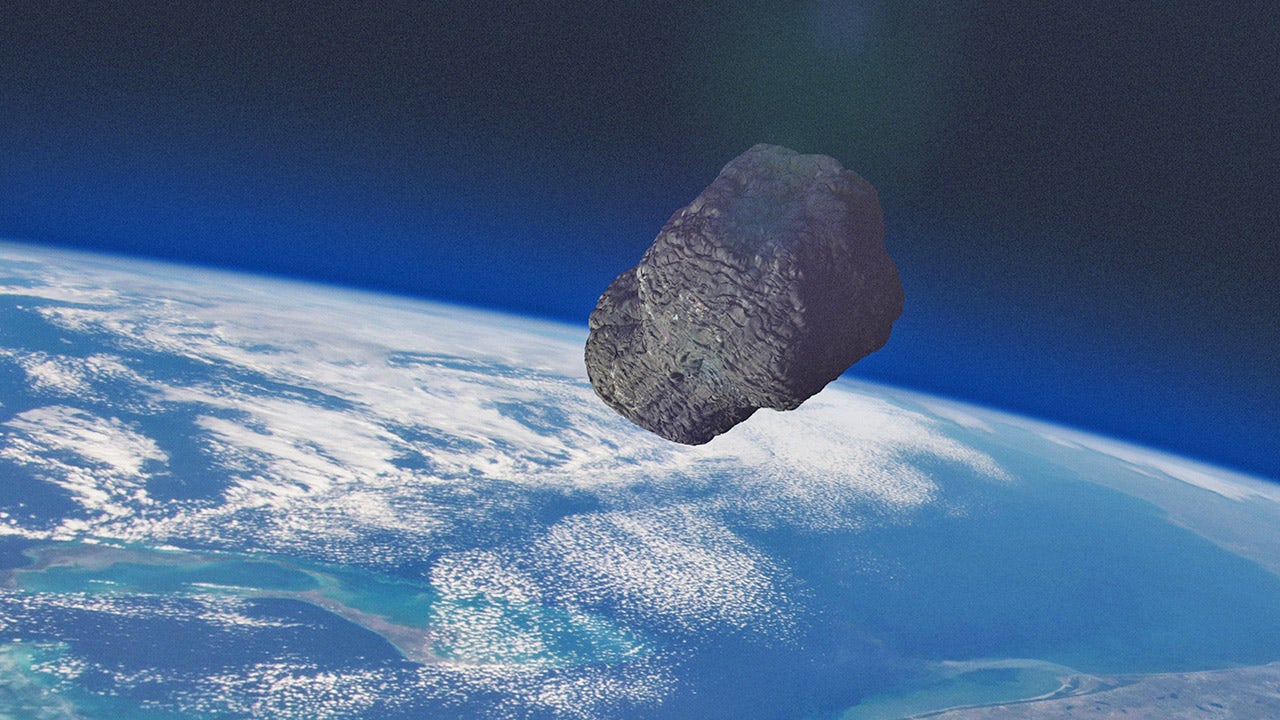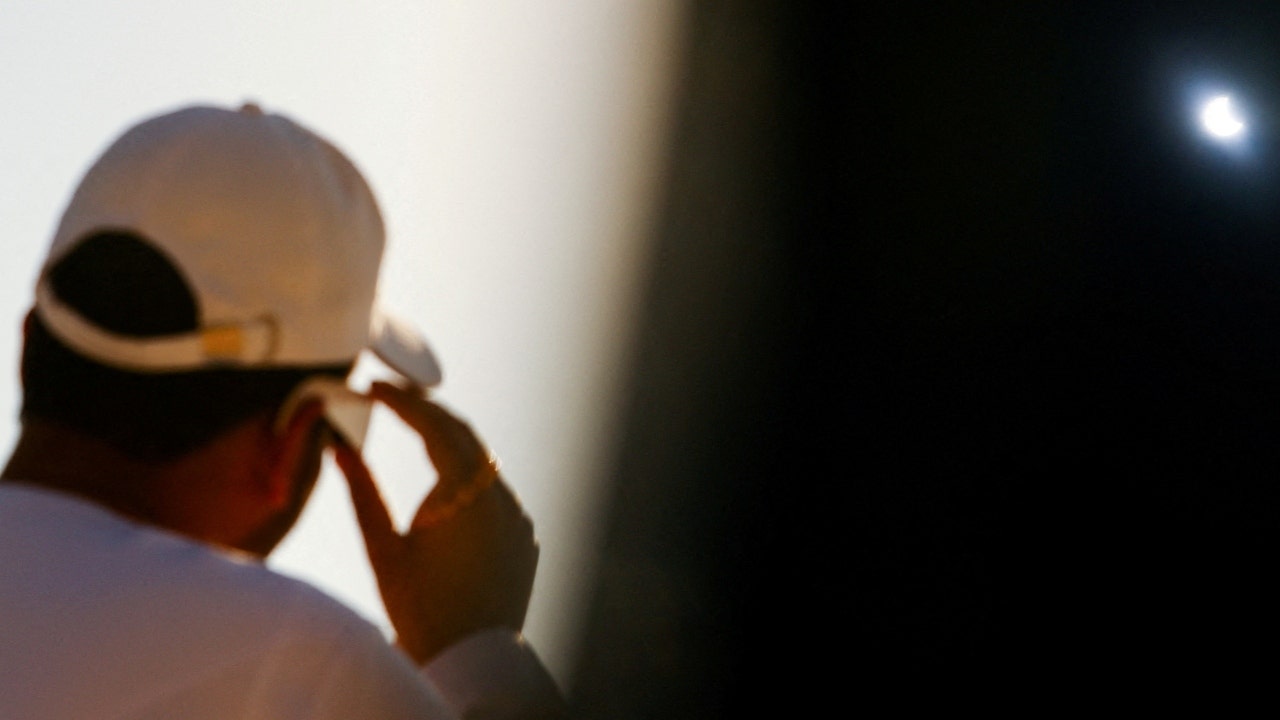What makes humans unique? Scientistsa> have taken another step toward solving an enduring mystery with a new tool that may allow for more precise comparisons between the DNA of modern humans and that of our extinct ancestors.<
The researchers also found that an even smaller fraction of our genome — just 1.5% — is both unique to our species and shared among all people alive today. Those slivers of DNA may hold the most significant clues as to what truly distinguishes modern human beings.
“We can tell those regions of the genome are highly enriched for genes that have to do with neural development and brain function,” said University of California, Santa Cruz computational biologist Richard Green, a co-author of the paper.
In 2010, Green helped produce the first draft sequence of a Neanderthal genome. Four years later, geneticist Joshua Akey co-authored a paper showing that modern humans carry some remnants of Neanderthal DNA. Since then, scientists have continued to refine techniques to extract and analyze genetic material from fossils.
“Better tools allow us to ask increasingly more detailed questions about human history and evolution,” said Akey, who is now at Princeton and was not involved in the new research. He praised the methodology of the new study.
CLICK HERE FOR THE FOX NEWS APP
However, Alan Templeton, a population geneticist at Washington University in St Louis, questioned the authors’ assumption that changes in the human genome are randomly distributed, rather than clustered around certain hotspots within the genome.
The findings underscore “that we’re actually a very young species,” said Akey. “Not that long ago, we shared the planet with other human lineages.”
 Iktodaypk Latest international news, sport and comment
Iktodaypk Latest international news, sport and comment






